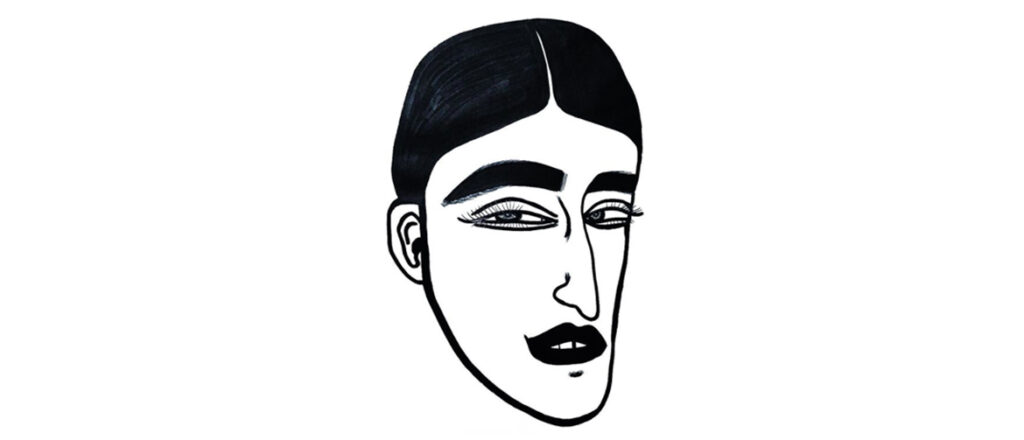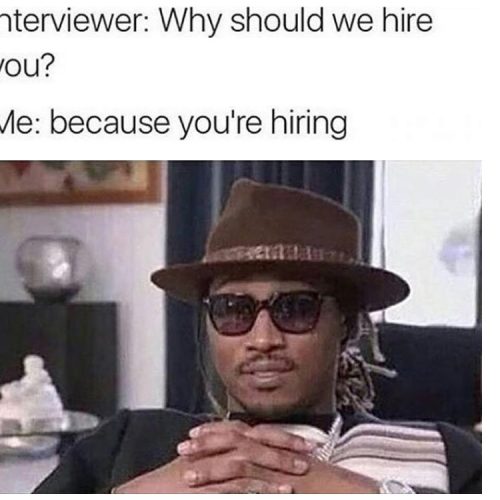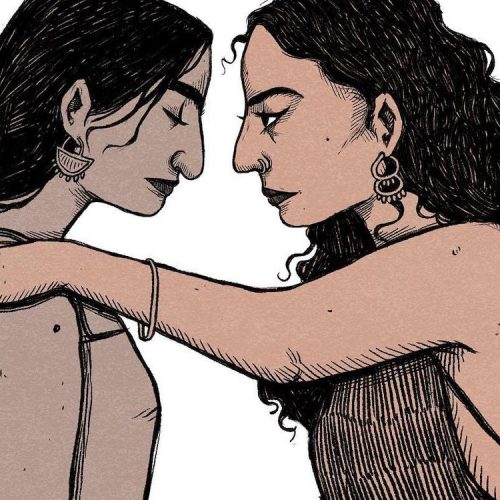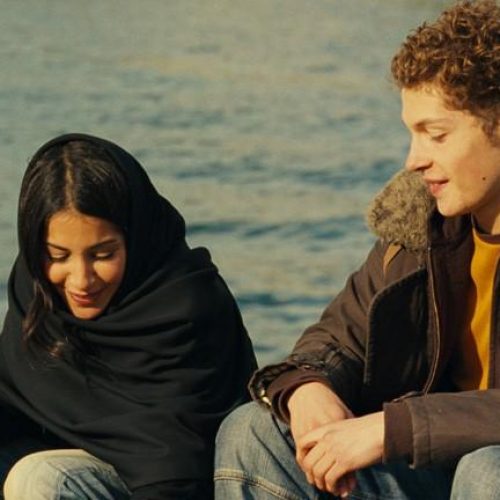We’d all like to believe that colonialism is long gone. But how else can we explain the fact that ‘How to whiten skin’ and ‘How to slim nose’ are among the region’s top beauty-related Google searches?
How else can we explain the phenomenon of the ‘Persian nose job’ and its position as a rite of passage? Or the fact that growing up, we saw everyone except Arabs on our screens?
Not too long ago, I witnessed a relative in Tunisia whisk away his four-year-old daughter to the hair salon for a keratin treatment, only for her to return and declare herself as ‘pretty’, as if her naturally curly texture previously prevented her from being so.
And while I called out her father for his Eurocentricity – my chemically straightened strands laid on my shoulders as a blatant symbol of my hypocrisy.
I’ve worked hard to decolonize my own self-perception – which is admittedly less difficult for me with my relatively small nose, slim figure, and lips that are neither too big, or small. My eyebrows used to be thin, and as much as I’d like to credit their natural thickness as a rejection of Eurocentric standards, it probably has more to do with the recent trend spearheaded by the (very European) Cara Delevingne.
I’m not sure what led to our dissatisfaction with any and all non-European, Berber, or Middle Eastern features. Certainly, the region’s colonial history is at the root of the problem. But, Arab advertising and media companies do little to help. In fact, I’m willing to go as far as placing direct responsibility on them for perpetuating the issue.
With Arab models rarely being cast for fashion shows and ad campaigns – Arab beauty is globally underrepresented. It’s slightly better today, but many of us grew up seeing strictly white faces on advertising campaigns that ultimately shaped our beauty ideals. Magazines in the region tend to be the most problematic though, because aside from underrepresentation, the content they continue to deliver opposes the idea of self-love entirely. With several magazines publishing articles promoting skin whitening treatments, and even worse, pieces that directly denounce our Arab features – because what’s better than Ivanka Trump’s small, ‘pretty’ nose? (And yes, that was an actual article).
Now for a second, let’s compare that with some Western titles that have, over recent years, grown to become more inclusive, making space for the diversity that exists within the society they represent. Take Teen Vogue as an example. This isn’t to say that they’ve reached the pinnacle of inclusivity, but not only have many begun to out-right reject Eurocentric beauty standards, they’re also playing the role of social justice warriors, calling out brands and people who refuse to do the same.
Yet in our region, despite the fact that many of us have started to reject such ideas, and are actively making attempts to decolonize our minds and beauty standards, the media that exists to represent us is far from making a single stride. Instead, they shamelessly profit off our reluctance to celebrate our uniquely Arab features—which may not always be visible, but can still shape itself in the form of clicks.
What the media should be doing is calling us out on our flagrant practice of colonial mimicry. Instead, these magazines feed off our lack of self-esteem, and in turn fuel the prevalence of plastic surgery in our societies. And for the sake of clarification, I’m not here to police anyone who opts for surgical enhancements—but when they’re done to achieve European features with the goal of beauty, it’s explicitly problematic.
Why do we want to look European anyway? We should be rejecting the currently idolized beauty standards and celebrate our various skin tones, natural hair textures, and noses whether big or small. It won’t be easy, but any conscious effort to suppress the way we have been conditioned to think is a step towards self-love.
In the words of @nayyirah.waheed -“If someone does not want me, it is not the end of the world. But if I do not want me. The world is nothing but endings.”
Illustrations by Moshtari Hilal









